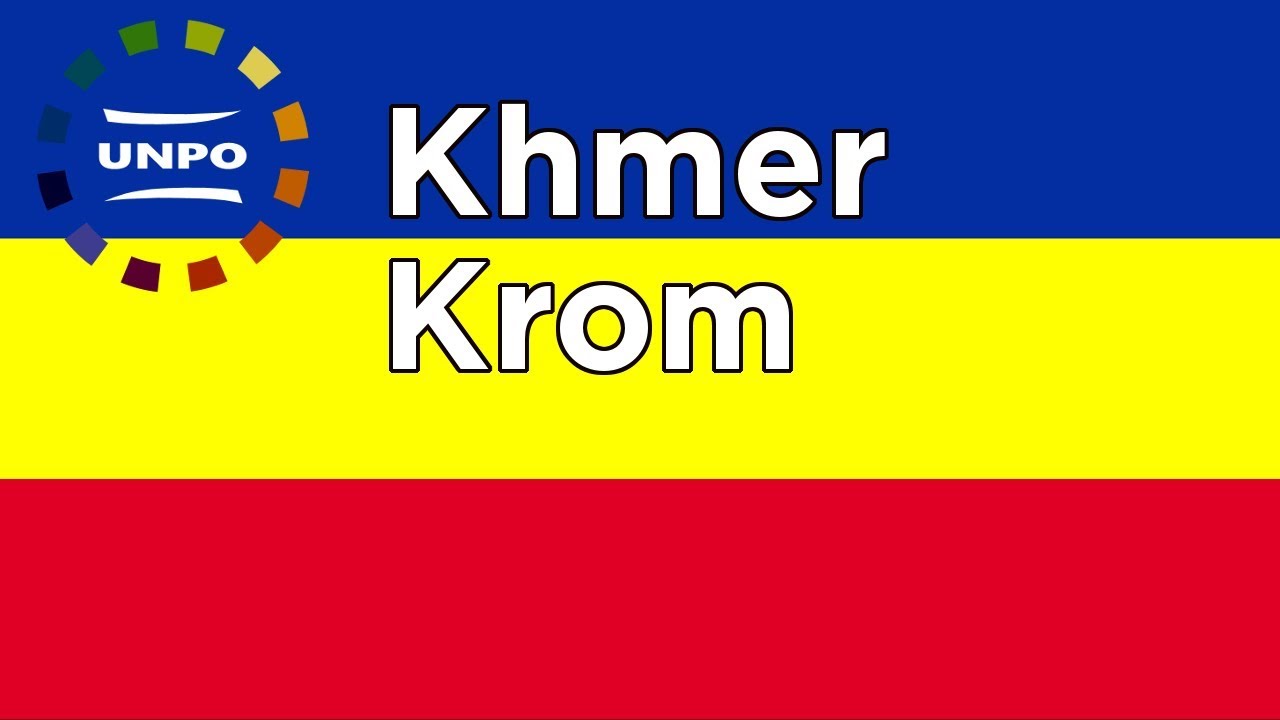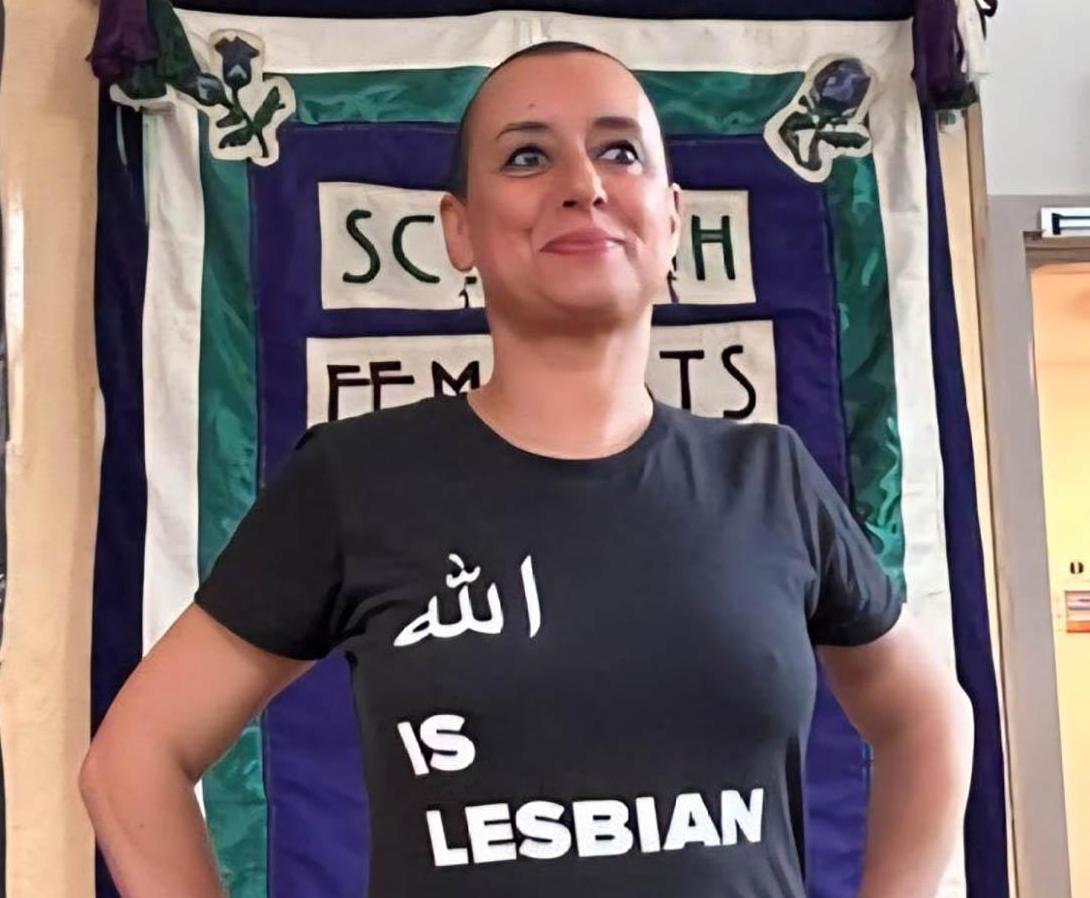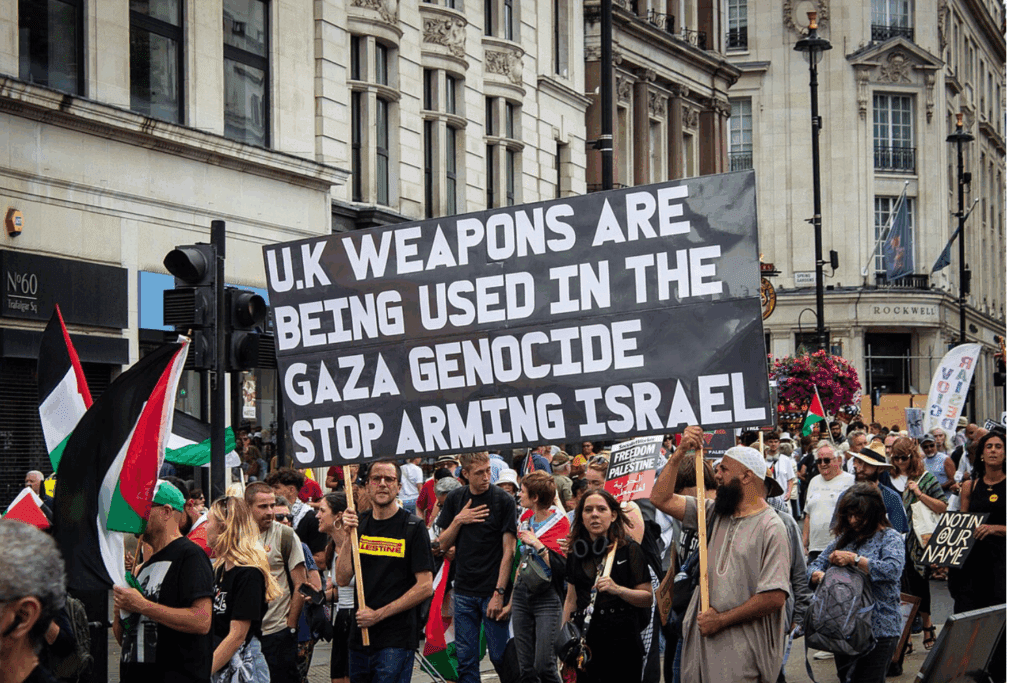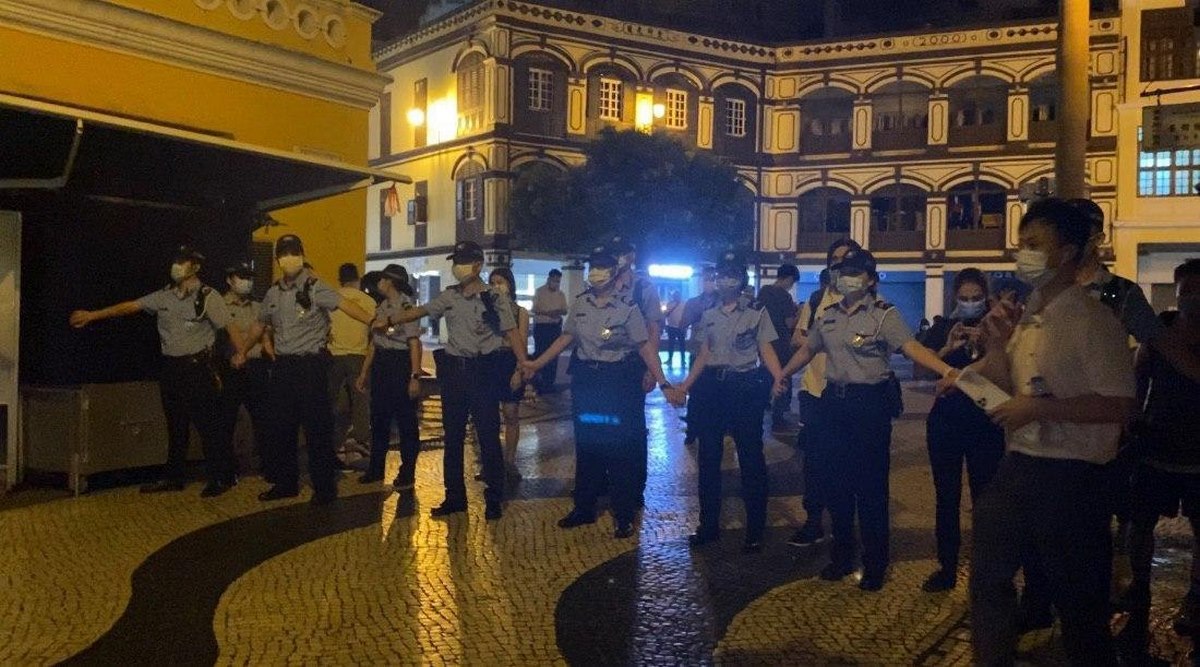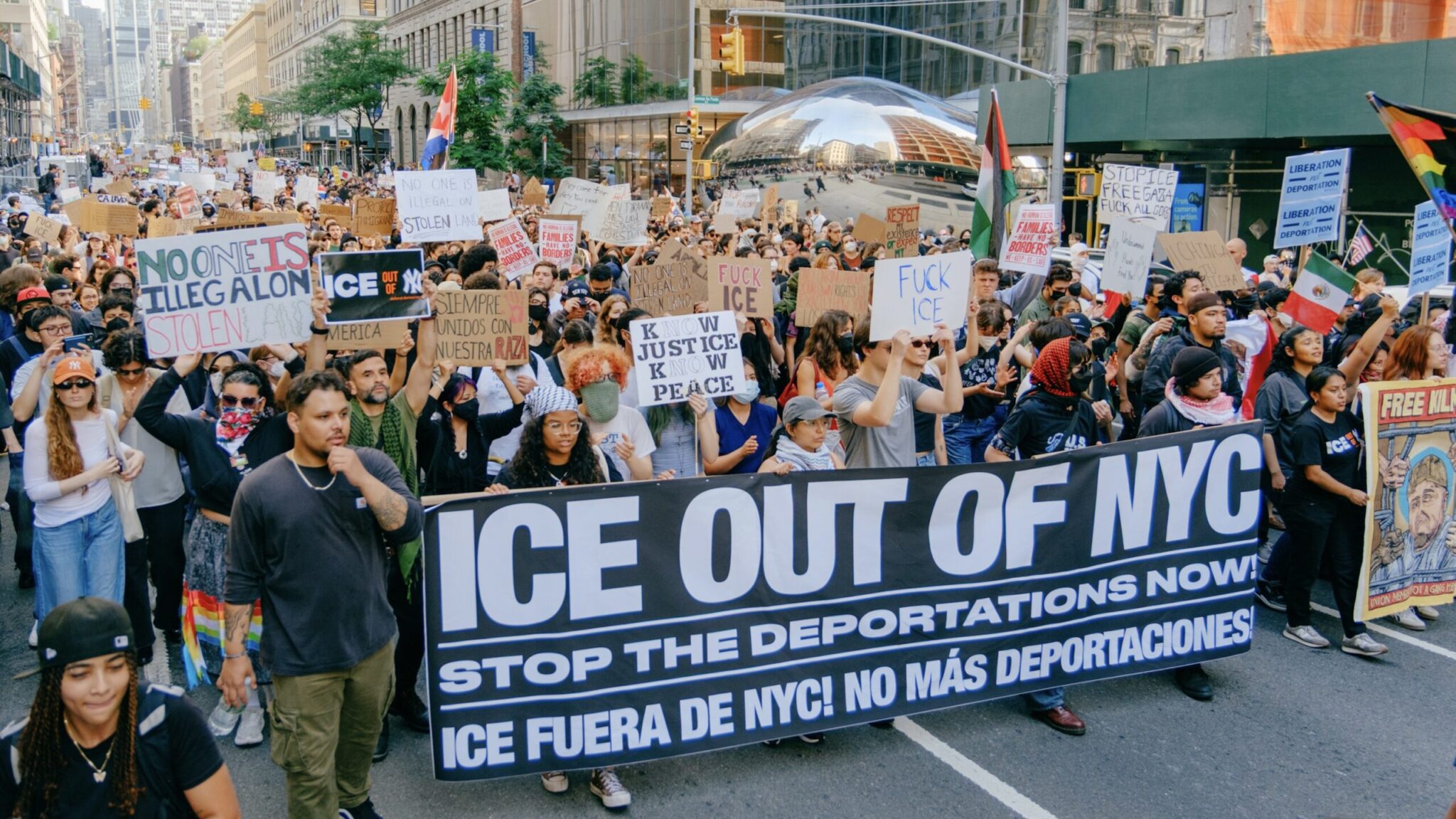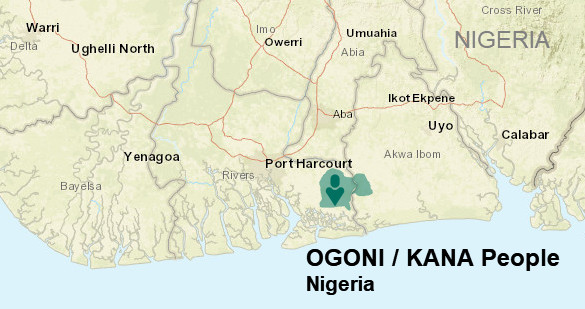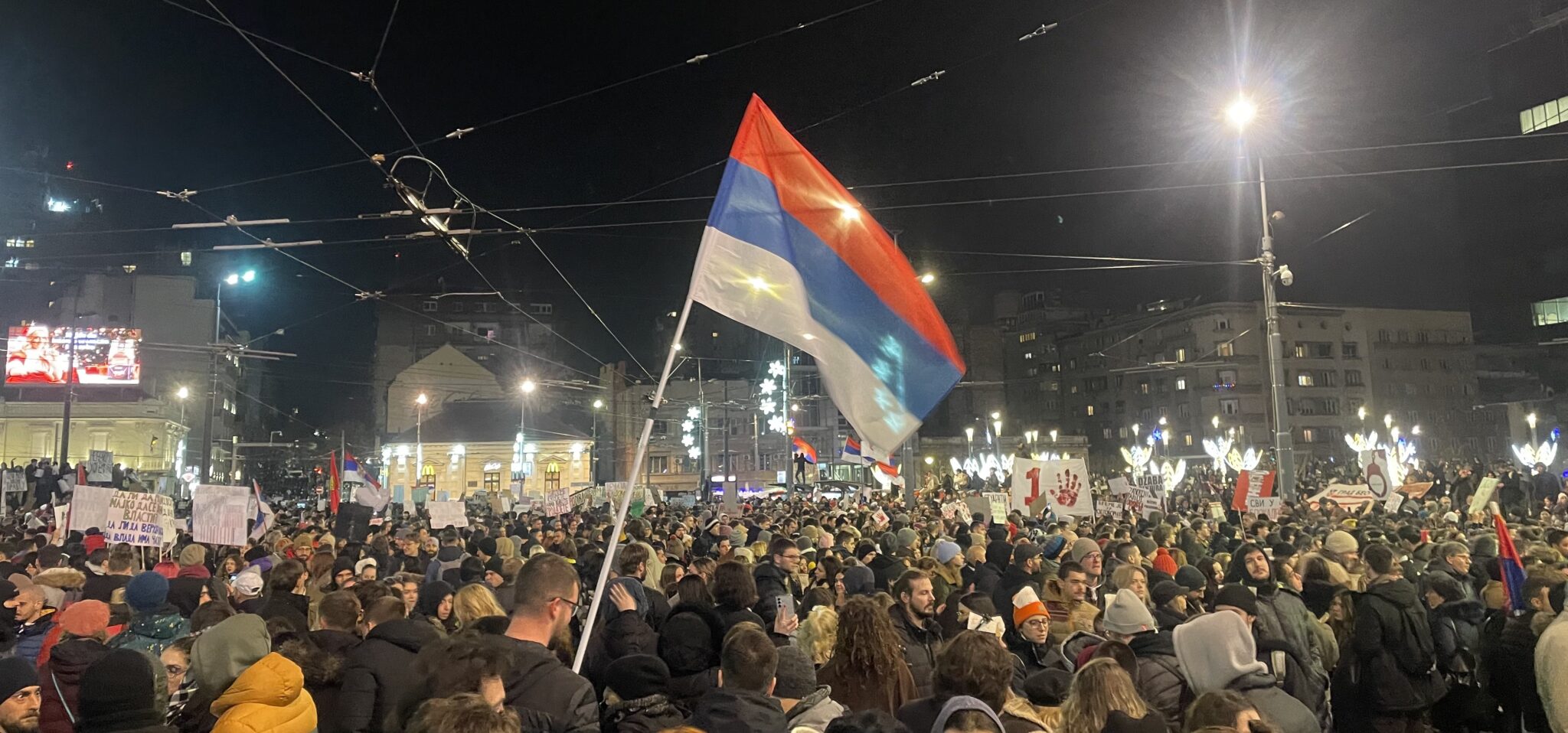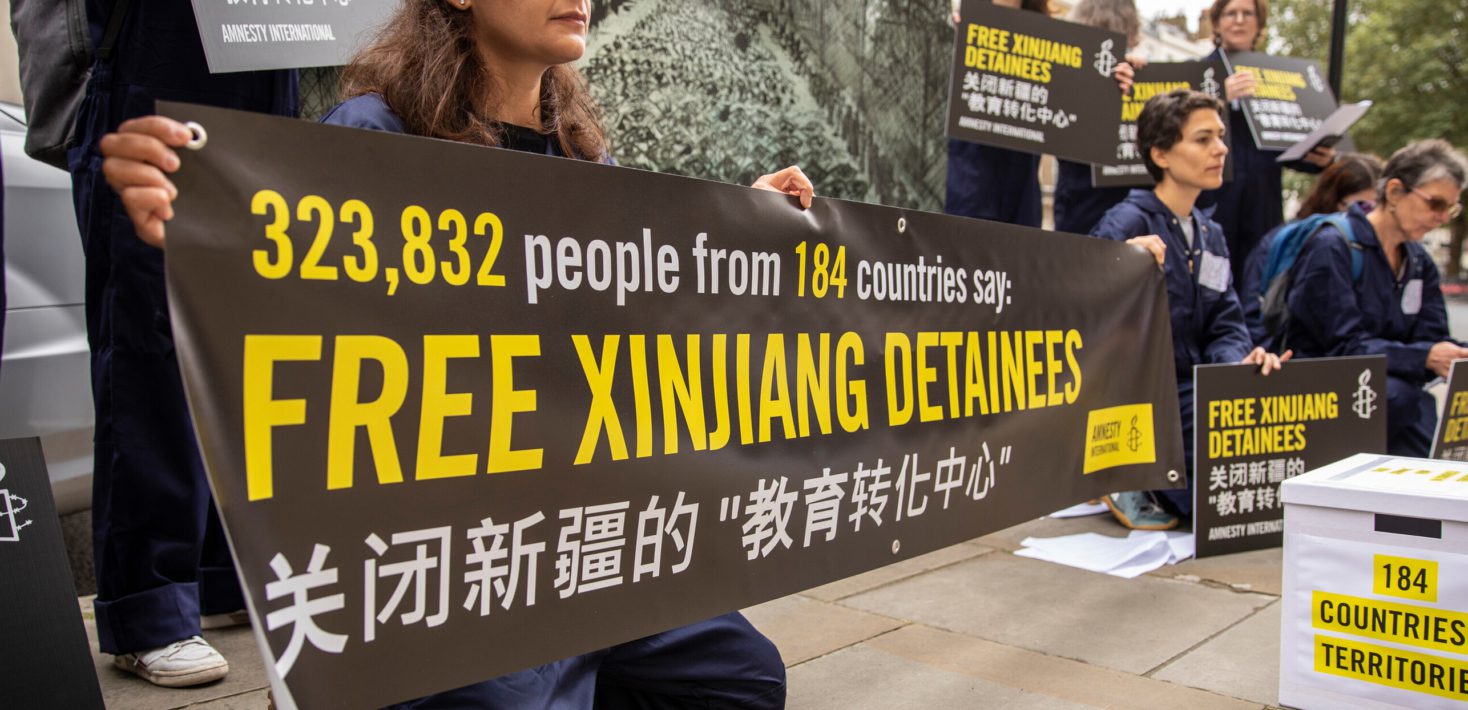
Amnesty: still no accountability for China’s crimes against Uyghurs
Amnesty International condemned the lack of accountability for the Chinese government’s treatment of Uyghur Muslims in western Xinjiang region, noting that nearly three years have passed since a groundbreaking UN report detailed gross violations of international law against the ethnic group. In interviews with Amnesty, distraught family members recounted being prohibited from any form of contact with their loved ones, many of whom were suddenly taken away and imprisoned without due process or formal charges. They spoke of how they have remained in the dark for years about whether their relatives are alive, and how lack of transparency has meant fear and anguish, with one family member describing the uncertainty as a “wound that never heals.” (Photo: Amnesty International)



